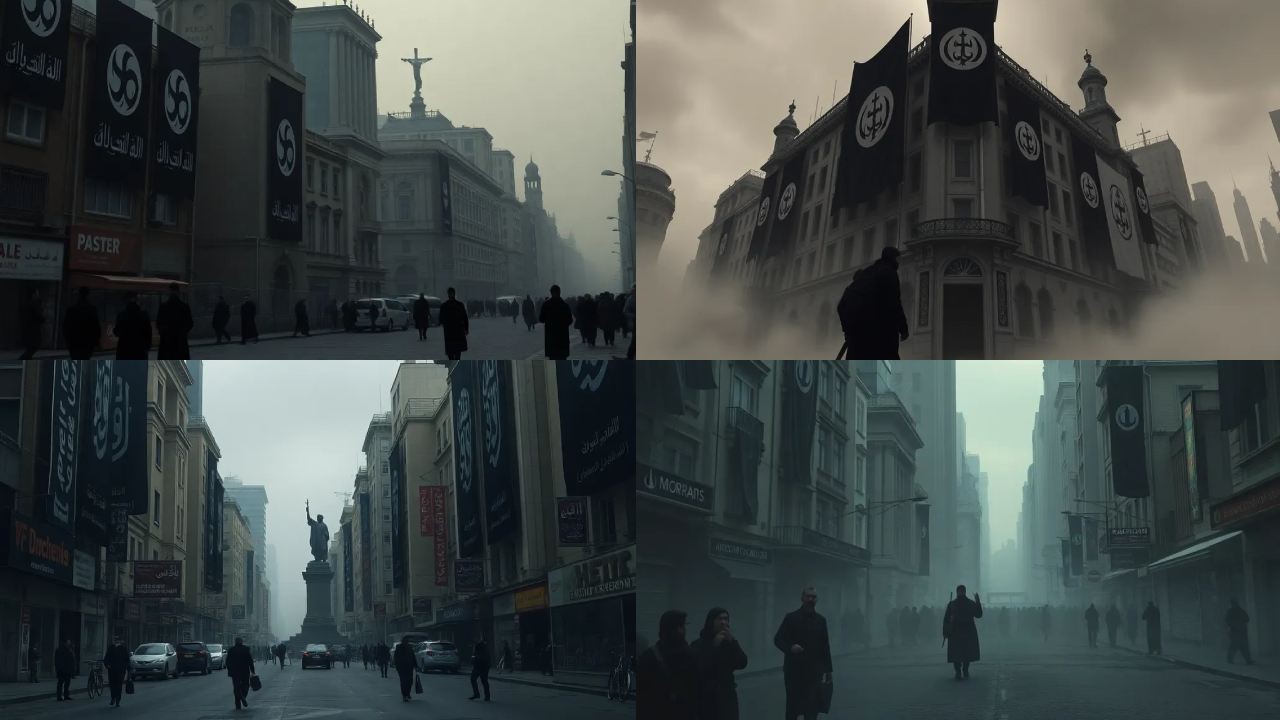Baba Venga, the renowned Bulgarian mystic known for her strikingly accurate prophecies, has once again captured global attention with a controversial prediction: by the year 2043, Europe could be under Muslim rule. This forecast, rooted in her legacy of foretelling major geopolitical events, has sparked renewed discussions about Europe’s demographic changes, political landscape, and the future of the continent as a whole.
A Shocking Prediction with Historical Accuracy
Baba Venga, who passed away in 1996, is widely recognized for her accurate predictions. Among her most famous forecasts are the dissolution of the Soviet Union and the tragic events of September 11, 2001. While her predictions often stirred debate, many were eerily accurate, which has led some to take her latest prophecy seriously. The claim that Europe will witness a shift in power towards Muslim leadership in 2043 has raised eyebrows, particularly in the context of the increasing Muslim population across the continent.
The Rising Concern in India
While Baba Venga’s prophecy is rooted in European political changes, it has also sparked concerns in India. Hindu organizations, citing the increasing Muslim population within the country, have long warned about the need for unity among Hindus to safeguard their political and cultural influence. These groups have often pointed to the changing demographics in India and Europe as part of a broader trend they believe could lead to a shift in political power. Venga’s prediction about a Muslim-majority Europe has thus found a resonance in these discussions, fueling fears of a similar shift in India.
Global Conflict and Climatic Catastrophes: Venga’s Broader Predictions
Baba Venga didn’t stop at predicting demographic shifts. She also warned of imminent conflicts and environmental disasters. One of her most pressing forecasts is a significant conflict in Europe, expected to erupt by 2025. This potential war, according to Venga, will result in widespread destruction and human suffering. As tensions in Europe escalate—particularly with the ongoing Russia-Ukraine war—the prospect of increased violence and instability appears all too real.
In addition to the conflict, Baba Venga predicted catastrophic environmental changes. She foresaw rising sea levels by 2033, a warning that ties into the ongoing global debate about climate change and its devastating consequences. With climate scientists pointing to the rising risks of coastal flooding and extreme weather events, Venga’s prediction about environmental destruction adds weight to concerns about the future of human life on Earth.
Will Baba Venga’s Predictions Come True?
While the validity of Baba Venga’s predictions remains a matter of debate, their relevance cannot be ignored. As geopolitical tensions rise, particularly in Europe, and the world grapples with climate change, the possibility of Venga’s foresight materializing grows more compelling. Whether her warnings will prove accurate or remain speculative, her legacy continues to inspire both intrigue and concern as the world looks toward the future.
Baba Venga’s prediction of Muslim rule in Europe by 2043 has ignited debates about political power, demographic shifts, and cultural identity. As the world watches, questions remain: Will Europe’s future align with Venga’s vision, or will it unfold differently?






















